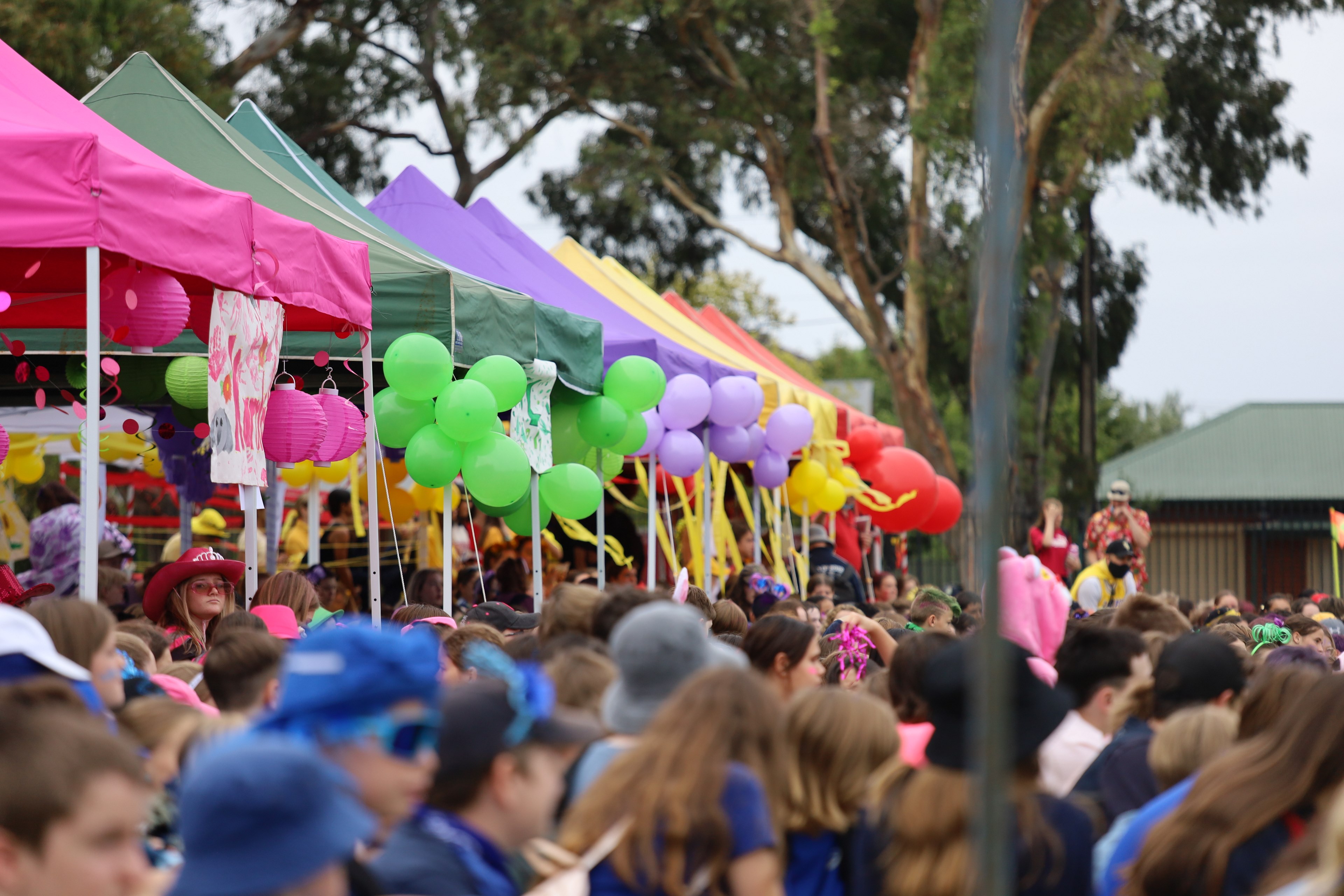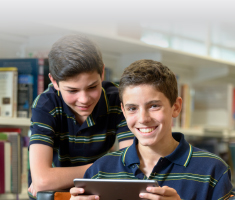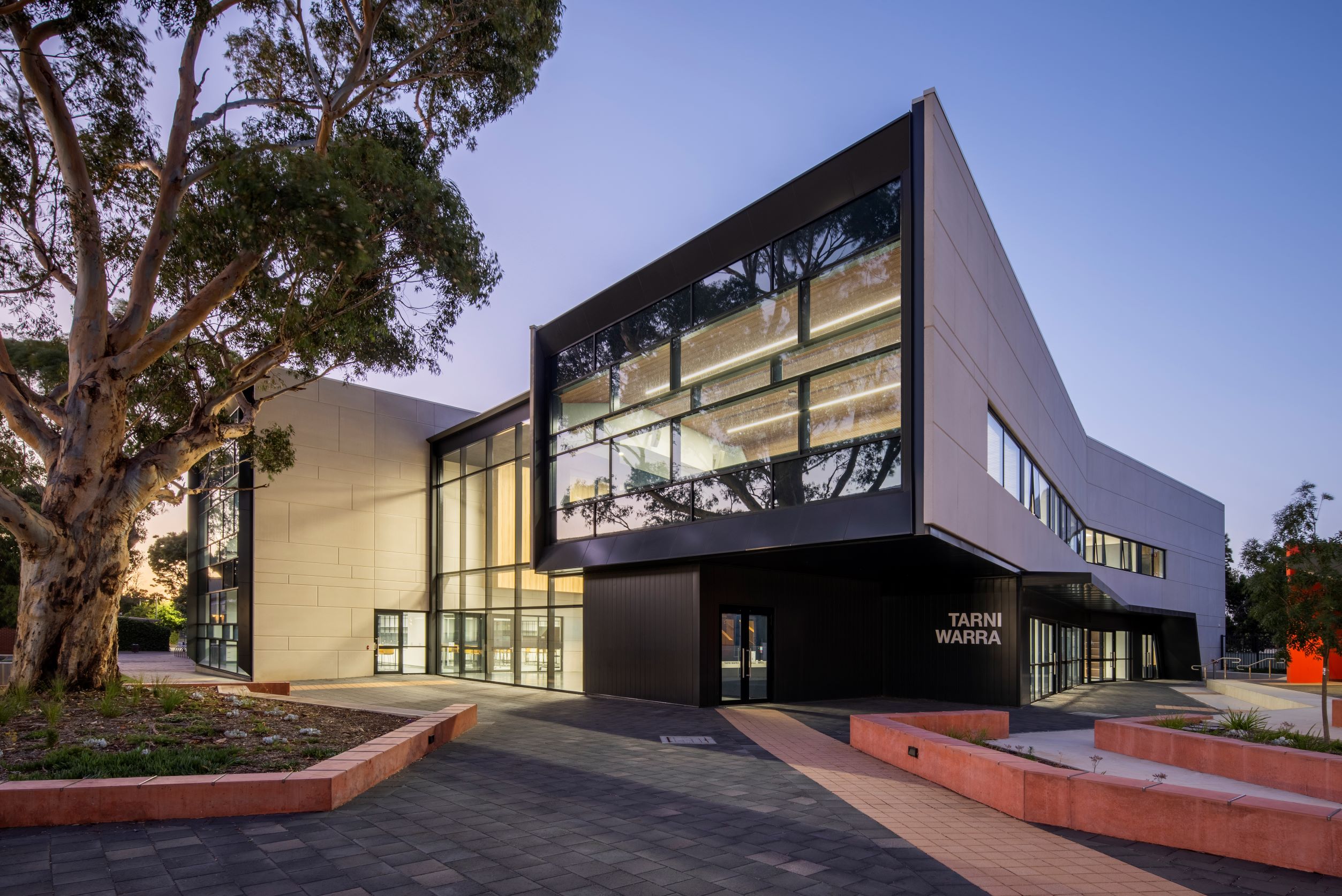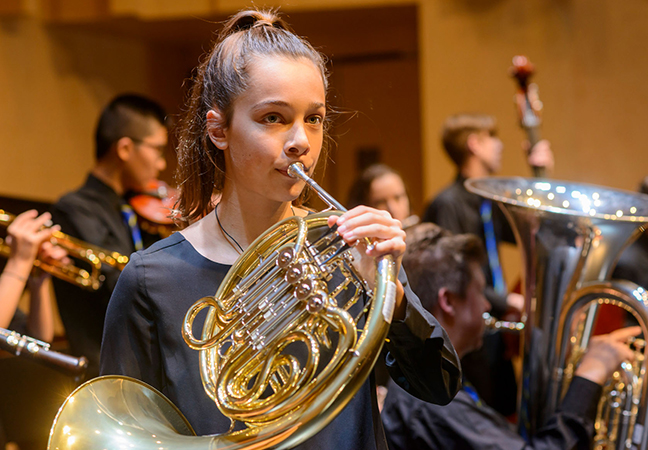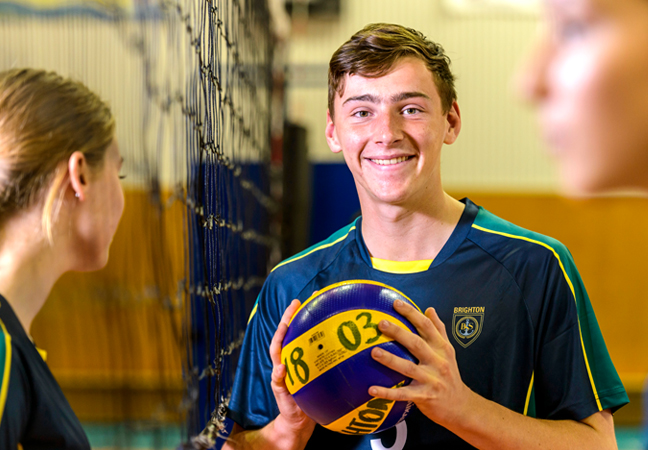As we are nearing the end of the school year, excitement for the holiday season is growing. Our young people have certainly had a busy year and are likely feeling a little bit exhausted as they are stumbling towards the finish line.
The excitement of the school holidays can sometimes also be mixed with feelings of worry or uncertainty, particularly as their usual routine is changed for six weeks. For young people with mental health or emotional wellbeing difficulties, the school holidays can be a tricky time to navigate.
School can provide a sense of routine and predictability throughout the year, which can help create healthy habits that promote a sense of wellbeing. Without routine and structure, it can become difficult to find the motivation to keep up healthy habits like quality sleep, healthy diet, and physical activity. Further to this, the structure that school has throughout the year helps our young people to connect with their friends and engage in regular activities. If these social connections drop off in the school holidays, it can take a toll on their emotional wellbeing.
Here are some tips to consider throughout the holidays to help support our young people:
Think about ways that you might be able to introduce routine and structure into an unstructured day. You could assign a chore to your child that they do every day, such as packing/unpacking the dishwasher, walking the dog, or watering the garden. Or you might encourage them to have a regular schedule where they catch up with a friend, or pick up a small holiday job to add some motivation and structure to their days.
It is important for everyone to have some down time in the holidays. A relaxing morning can do wonders for our wellbeing. However, consistency is key here. A relaxing morning does not mean sleeping in until lunch time, because that could cause chaos for our body clocks. Encourage your child to fall asleep and to wake up at similar times every day, and to get between 8 and 10 hours of sleep per night (this is what the sleep research tells us is optimal for teens). For better quality sleep and to prevent sleep times from being too late, encourage your child to avoid playing video games or scrolling through social media within two hours of falling asleep.
For more information about good sleep habits, check out this link: https://www.betterhealth.vic.gov.au/health/healthyliving/teenagers-and-sleep
We want to encourage our young people to maintain positive social connections with their friends throughout the holiday period. Online communication through social media can be a convenient way to reach out to people who are important to us. However, those subtle nuances that we have in face to face conversations can be lost in the virtual world, and sometimes online communication can be misinterpreted. So, it is just as important to continue to have face to face connections with friends to create a sense of belonging and connectedness. It’s all about balance!
We know positive, supportive connections can be formed between young people and their teachers and other support staff at school. During the school holidays, these connections are often put on hold. If your child is accessing wellbeing support at school, it might be worthwhile to have a chat with them about what they might be able to do if they are feeling overwhelmed in the holidays. You can also provide them with options for people to speak with if they are struggling to open up with you.
The following link contains some useful online and phone counselling supports for young people to access: https://www.beyondblue.org.au/who-does-it-affect/young-people/helpful-contacts-and-websites
This doesn’t mean saying “no” to indulging in fun foods throughout the holiday period. There is no such thing as a “good” and “bad” food, only “nutrient-dense” foods and “less nutrient-dense” foods. Make sure that whilst we are enjoying some of our fun foods, that we are also eating nutrient-dense foods as well. Take time to ensure we are including whole grains, healthy proteins, fruit and vegetables in our meals. This can help us all feel more energetic throughout the day. Building a habit of eating nutritious food can help improve our quality of sleep, increase concentration, and improve our mental wellbeing.
It can be easy to fall into the habit of spending a lot of time inside during the school holidays. It is important to encourage activity and movement, particularly without the typical structure of school life and sports practice. Have the conversation with your child about balancing screen time/video games and outside time. Set reasonable limits and stick to it. Encourage your child to get some movement in every day. Taking the dog for a walk, going for a stroll along the beach, or riding the bike to a café for a cold drink are all active ways to get fresh air and movement. It is not necessarily about heading to the gym (although if this is what you do prefer, go for it!), it is about getting out of the house and moving.
For more information on wellbeing support over the school holidays, please see the following resource:
Wellbeing-support-school-holidays
Wishing you all a wonderful school holidays!
Danni O’Connor
Brighton Secondary School Clinical Psychologist

